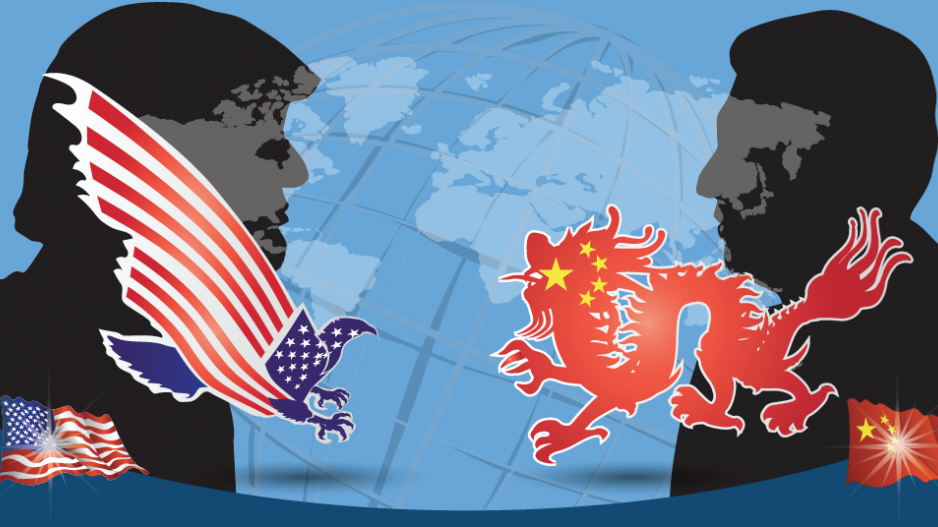While this stage of the North American trade war has been settled we might have won the battle but not the global trade war.
U.S. steel and aluminum tariffs on Canadian imports are expected to be removed along with the retaliatory tariffs imposed by Canada. However, the tariff elimination may have less to do with Canada and more to do with China as Trump tries to get a win on the world stage.
“I think it’s all about that,” said Werner Antweiler professor of economics at the Sauder School of Business. “One should just not underestimate the need of this administration to claim victory, as strange as it may be.”
China has taken a different stand in its trade negotiations with the U.S. than was expected and an agreement seems less likely than it did two weeks ago says Warner.
Canada shouldn’t expect to benefit from the U.S.’s loss of trade with China. Exports and sales to China may not move north as Canada can expect to suffer the same treatment as the U.S.
Canada will likely be negatively affected on two fronts. First from the direct protectionist trade actions China takes against Canada and second from the decline in economic activity with the states as a result of the tariffs China placed on them.
Despite the U.S. and Canada agreeing to a cease fire in their steel and aluminum trade war, redirecting the trade and tariff focus to China, it does not seem that the two countries are any closer to ratifying the new North American free trade agreement. Though the Liberal government was likely using ratification as a bargaining chip at the negotiating table, it is unlikely they will move forward on the USMCA anytime soon. Parliament will shortly be on a summer break and with an election in the fall, it is unlikely that the trade agreement will be dealt with before then says Antweiler.
The third party to the agreement, Mexico, also ended its own tariff dispute with the U.S. Despite the resolution of the tariff dispute across the three countries, the likelihood of USMCA ratification in the U.S. is slim as the U.S. presidential election heats up amidst a divided U.S Congress. Democrats are unlikely to support Republican President Donald Trump’s trade agreement and even less likely to give him a political win before an election.
With the U.S. unlikely to ratify, Werner says that it is improbable that Canada will rush to complete the task. He suggests that if political circumstances change over the next couple years, the three countries could decide to stick with the old NAFTA agreement and walk away from the new tentative agreement, given that NAFTA will remain in place until a new agreement is ratified in each country.
Like any war, trade wars are often difficult to contain and have spill over effects. In the shadow of today’s good news are global trade tensions which seem to be moving further away from resolution than many had hoped.




